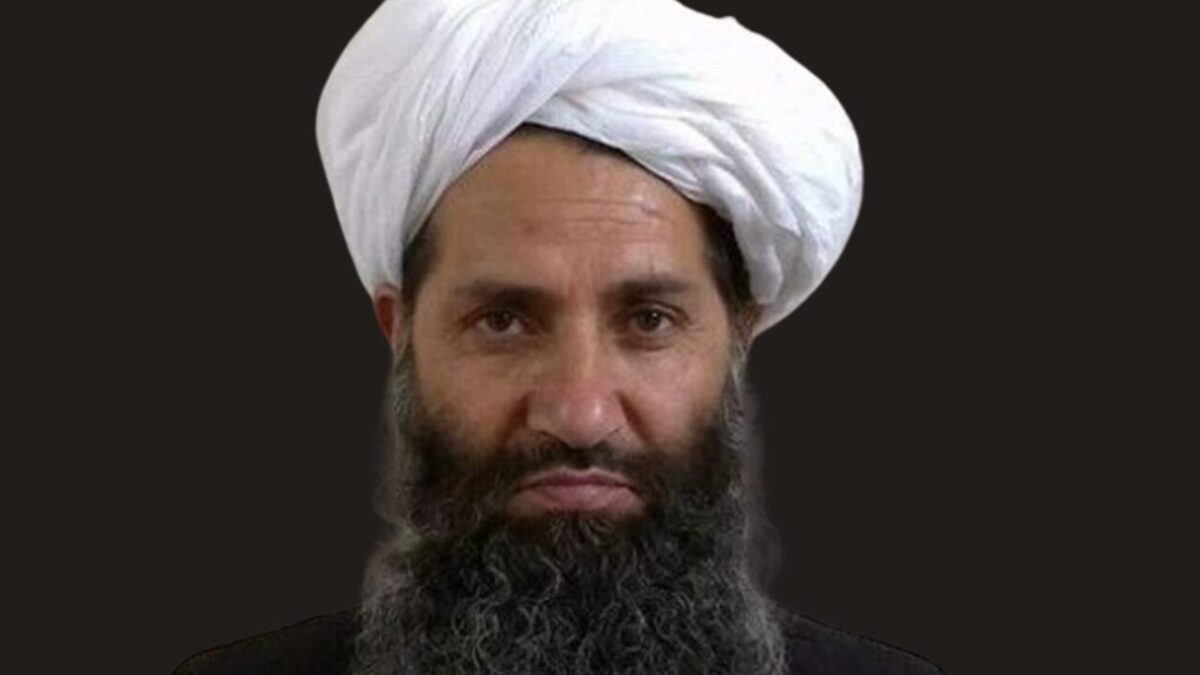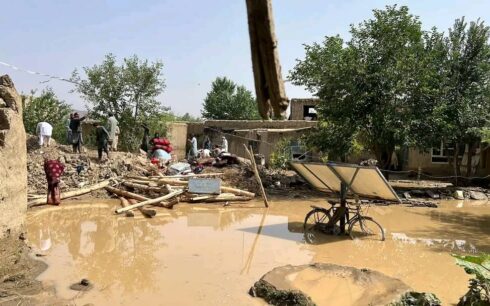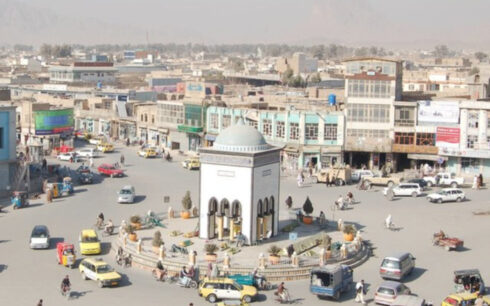Amid an escalating human rights crisis under Taliban rule, Taliban leader Haibatullah Akhundzada likened the group’s August 2021 seizure of Kabul to the “Conquest of Mecca,” calling for the day to be commemorated as a “victory day.”
Akhundzada made the remarks during a visit to the northeastern province of Takhar, according to a Taliban statement.
During his trip, he defended the Taliban’s controversial new “Vice and Virtue” law, which has faced widespread criticism both in Afghanistan and abroad. The law imposes strict codes of conduct, particularly targeting women and their role in public life.
Akhundzada claimed that the Taliban’s legal framework is rooted in Islamic principles, based on the Quran, Islamic jurisprudence, and Hadith, contrasting it with Afghanistan’s previous laws, which he described as influenced by “European, American, and British sources.”
However, civil society groups, human rights activists, and religious scholars argue that the Taliban’s interpretation of Islam is extreme and that their laws severely curtail basic freedoms, particularly for women. Concerns have been raised about the rollback of women’s rights and the growing repression under the regime.
Rina Amiri, the U.S. Special Envoy for Human Rights and Afghan Women, speaking at a U.N. side event on Wednesday, said the Taliban have reverted to the harsh policies of the 1990s, when they were considered a “pariah regime.”
In his remarks, Akhundzada also addressed the 2020 Doha negotiations between the Taliban and the United States, asserting that the talks were conducted “in accordance with Sharia” and that none of the agreements made violated Islamic principles. This view stands in stark contrast to the broader international consensus, which holds that the Taliban have not fulfilled their commitments, particularly regarding women’s rights and inclusive governance.
Since their return to power, the Taliban have faced repeated criticism from the international community, including the United States, for failing to honor the terms of the Doha agreement, which outlined a path for peace and human rights reforms.
During a U.N. Security Council meeting on Wednesday, Roza Otunbayeva, head of the U.N. Assistance Mission in Afghanistan (UNAMA), warned that Afghanistan is becoming increasingly isolated under Taliban rule. “Afghanistan has drifted further from the vision of the international community,” Otunbayeva said.
In a separate interview with Al Arabiya, former CIA Director General David Petraeus described the current situation in Afghanistan as “dire,” echoing concerns over the Taliban’s grip on the country. Petraeus pointed to the exodus of millions of Afghans since the Taliban took power, stating that many are “voting with their feet” by fleeing the country.
The ongoing humanitarian and human rights crisis in Afghanistan continues to draw global concern, with critics pointing to the Taliban’s rigid governance and their failure to comply with international norms.





